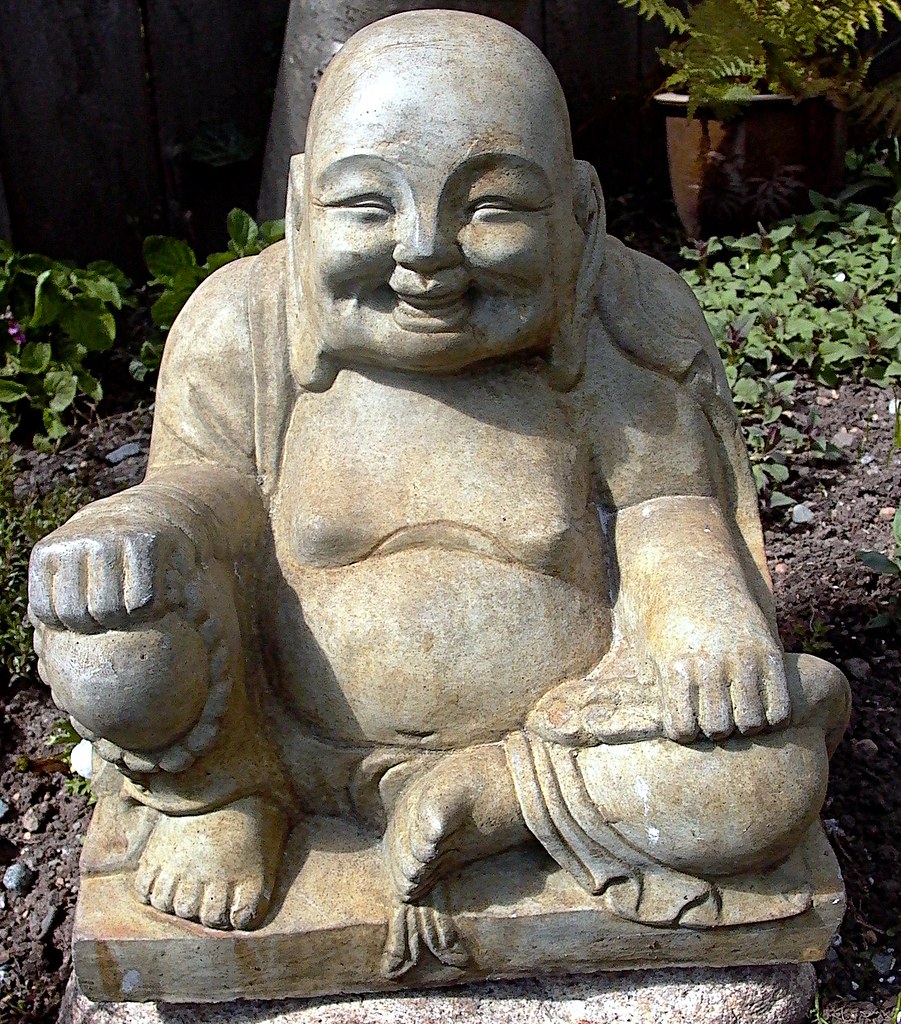
Meditation VII.36 - It is Royal to Be Abused - Translated by George Long and rewritten by Russell McNeil
From Antisthenes:(1) It is royal to do good and to be abused.(2,3)
Explanation
(1) Antisthenes (c. 444-365 BCE) was a Greek philosopher and student of Socrates (469–399 BCE) and founder of the Cynic school of philosophy. His basic ethical premise - learned from Socrates - was that virtue, not pleasure, was the end of existence. Antisthenes' work predates the first Stoic philosopher Zeno of Citium (334-262 BCE) but is regarded in Stoic tradition as a primary intellectual link connecting Socrates to Stoicism.
(2) The Stoic recognizes that life is not about power. Marcus regarded his own power as emperor as incidental to his mission in life - to be virtuous ("to do good"). In this recognition Marcus inverts the tendency toward the abuse of power (as reflected in the adage that 'power corrupts') by suffering abuse. The abuse was not physical but Marcus did turn a blind eye toward those who behaved badly toward him - preferring always to give others the benefit of doubt.
(3) The image by Marie-Lan Nguyen is licensed under Creative Commons Attribution 3.0
Russell McNeil, PhD, is the author of The Meditations of Marcus Aurelius: Selections Annotated and Explained by Skylight Paths Publishing. The unpublished selections presented in this Blog are provided as supplemental material to the published selections which are annotated and explained in the book. The published selections are referenced in this Blog by page number and section.
3 comments:
I've been reading your blog posts with interest. I've only read Plato's Dialogues, but I do find this concept of "mind" intriguing. Where exactly IS the mind? Not a spiritual question, but one of logic.
Mind is Logos. Logos operates universally as Reason. Reason is regarded in Stoicism as Universal Intelligence. It is also the active principle of Nature. In modern terms it can be seen as the Law of Nature. In human beings mind or soul is the manifestation of Logos at the individual level. Since Logos is divine - divine because the Law is perfect - it is also immutable and invincible. The mind is hence impervious to harm - a central tenet to Stoicism. Note that mind is not however transcendent. It is part of nature - both in its particular and universal manifestations.
Maia, to answer your question about where is mind located. It is located in the human body - in the brain and central nervous system. It is not the brain or its various receptor cells as such, but manifests in the impulses regulated through those cells which we call thinking. At the universal level mind is the universal manifestation of physical law in operation throughout all of nature.
Post a Comment